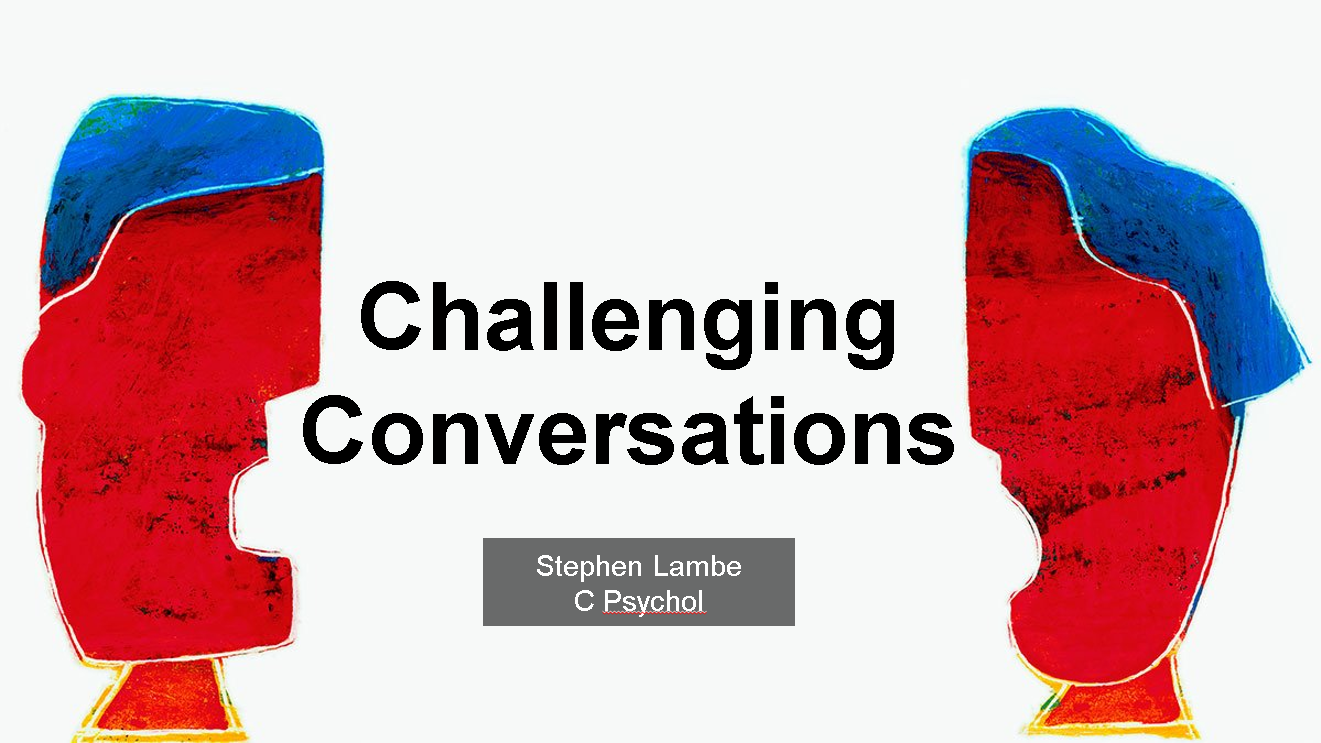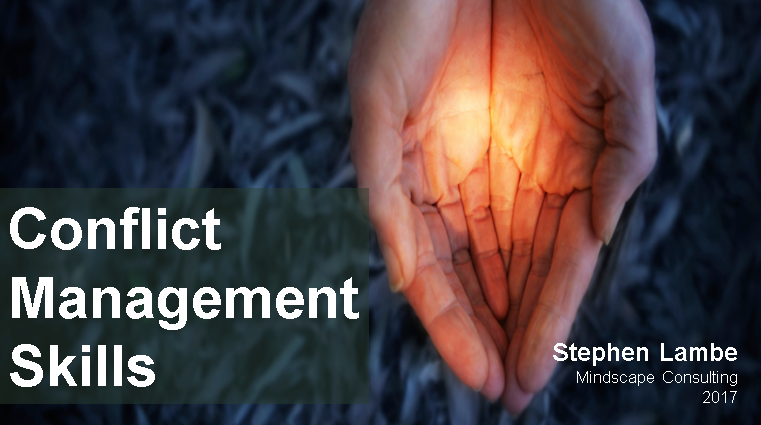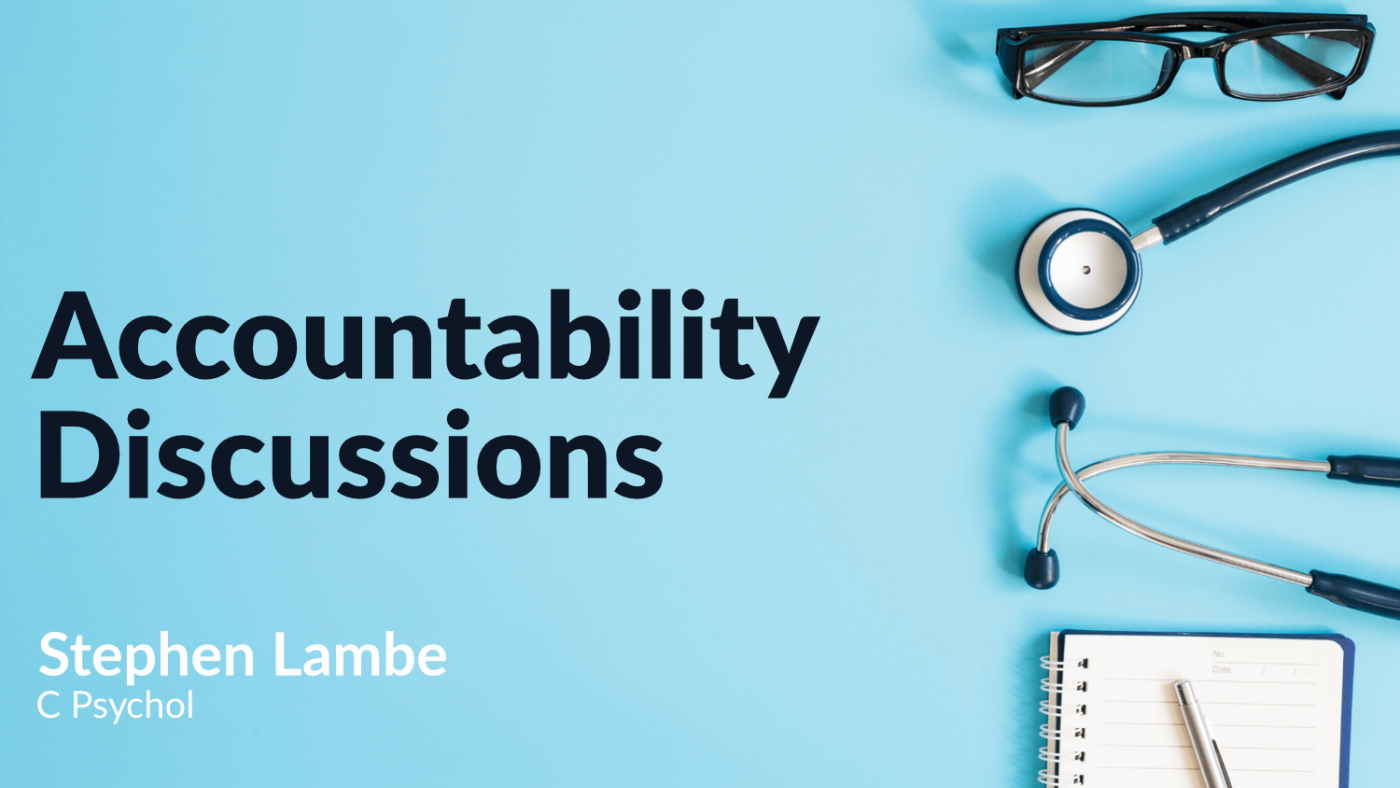Conflict, Conversation, and Influence
To give delegates an opportunity to explore and prepare for conversations they find challenging and the insight and skill to have these conversations with confidence and effectiveness. Delegates will learn a process which they can use themselves or to help others prepare for a potentially difficult yet important conversation.
Content
Why Crucial Conversations matter
Identify these must-have conversations and understand why they go wrong
How to maintain mutual respect and purpose
Prepare for a challenging conversation and know what to do if you find yourself in one
Tactics to manage the emotional reactions that arise when things get tough
How to say what you need to say without over or under pitching your message
How to resolve disagreements and build acceptance rather than create resistance
To give delegates an opportunity to explore and understand what happens when people are in conflict with one and other. Delegates will learn a range of strategies and techniques to help themselves and others stay effective and return to dialogue and problem solving when emotions run high or when the situation becomes challenging. This course used trainer actor-coaches to help delegates practice what they’ve learned in more realistic environment and receive immediate and helpful feedback to adapt as they continue to deal withthe situation.
Content:
Explore typical conflict situations they face and strategies to deal with these
Explore techniques of conflict resolution
Explore their own role in creating, alleviating, and exacerbating conflict
Responding to Verbal Attack: the hidden rules of aggression
Learn how to explore situations and show you understand the person’s position
Practical sessions with Actor Coaches to embed learning
Behind the problems that regularly plague departments are individuals who either can’t or won’t deal with broken promises, disappointments, or performance gaps. When we don’t talk face to face about difficult but important issues or when our fear of confrontation prevents us from resolving these issues, simple problems grow into chronic ones. Unless we step up to and master these conversations, nothing will get better. Delegates will learn how to hold people accountable in a way that solves problems without causing new ones. NB: this is a follow on to Challenging Conversations training.
Content:
Choose What and If
Think CPR
Unbundling Consequences, Intentions and Wants
What to do during an Accountability Discussion: Describe the Gap
Making Change Motivating and Easy
Staying on track and dealing with detours / red herrings
Ending the conversation



